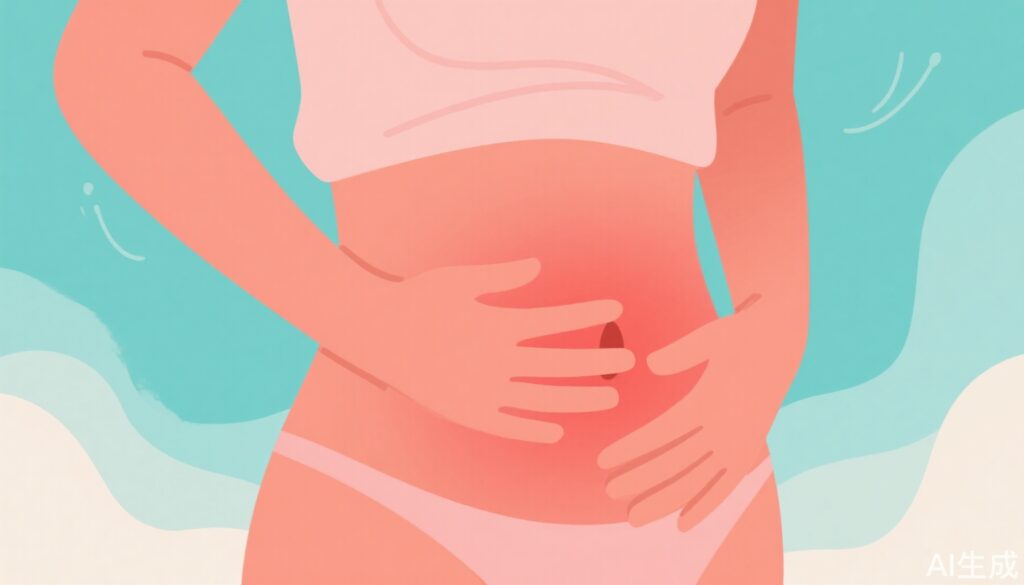Understanding Premenstrual Syndrome (PMS)
Premenstrual Syndrome (PMS) refers to a group of physical and emotional symptoms that many women experience one to two weeks before their menstrual period begins. These symptoms can include irritability, mood swings, breast tenderness, mild fever, and sweating. Medically, these manifestations are collectively known as PMS and can significantly impact a woman’s daily life.
What Causes Premenstrual Syndrome?
PMS arises primarily due to hormonal fluctuations in the body. In the days leading up to menstruation, the levels of estrogen and progesterone often become imbalanced. This hormonal shift disrupts the endocrine and nervous systems, triggering various symptoms commonly associated with PMS. Once menstruation starts, hormone levels stabilize, and symptoms typically subside.
How Can Women Alleviate PMS Symptoms?
Several strategies can help women relieve PMS symptoms effectively:
1. Apply Heat to the Lower Abdomen and Lower Back
Heating the lower abdomen can soothe cramps and reduce pain associated with PMS. Using a warm compress or heating pad helps relax muscles and alleviate discomfort.
2. Gentle Abdominal Tapping
Before menstruation begins, gentle tapping on the abdomen while lying down can help ease abdominal pain. It is important to be gentle and avoid this during menstruation to prevent irritation.
3. Drink Warm Liquids
Consuming warm water or soups can help keep the body warm and comfortable. Herbal drinks like red bean soup or red date tea are also beneficial as they may aid in blood nourishment and improve circulation.
4. Use Medications Appropriately
For severe PMS symptoms, consulting a healthcare provider is recommended. Doctors may prescribe medications such as hormonal treatments or pain relievers tailored to the individual’s condition. Adhering strictly to medical advice ensures safe and effective relief.
How Can Women Prevent PMS?
Prevention involves addressing both physical and emotional health:
1. Maintain a Balanced Diet
Limit intake of animal fats like butter and focus on unsaturated fats found in whole grains and nuts. Eating regular meals at consistent times helps maintain stable blood sugar levels, which can reduce PMS severity.
2. Manage Stress
Emotional stress can worsen PMS symptoms. Allocating time each day to relax and engage in calming activities helps reduce tension and improve mood.
3. Stay Active
Regular aerobic exercises such as walking, yoga, or swimming stimulate the release of endorphins—natural mood enhancers—that can alleviate PMS symptoms.
Additional Tips and Considerations
– Ensure adequate sleep each night to support hormonal balance.
– Avoid excessive caffeine and alcohol, which may exacerbate symptoms.
– Keep a symptom diary to track patterns and discuss with a healthcare professional if symptoms interfere significantly with daily life.
Understanding and managing PMS involves a combination of lifestyle adjustments and, when necessary, medical treatment. With proper care, women can significantly reduce discomfort and maintain a healthy, balanced life throughout their menstrual cycles.



